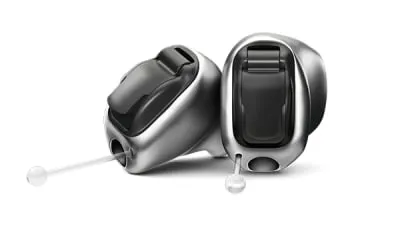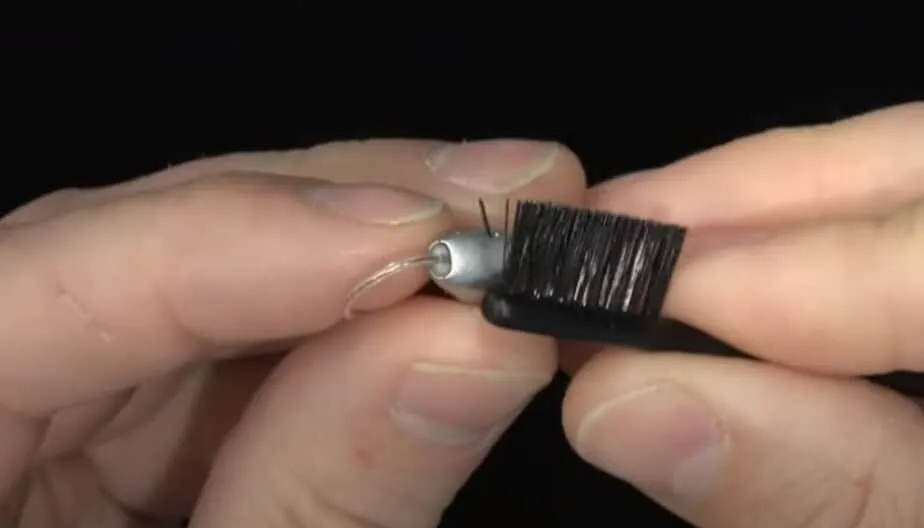What to Expect Before Getting Hearing Aids
Are you getting your first pair of hearing aids? Whether you’ve just purchased them or are still exploring your options, it’s completely normal to have questions about what comes next. From how they’ll feel and sound, to what your first appointment will be like — knowing what to expect can make the process smoother and more successful.
As an audiologist with over 12 years of experience helping thousands of patients hear better, I’ve written this guide to walk you through everything you need to know before (and after) getting hearing aids. We’ll talk about fittings, how your brain adjusts, what hearing aids really look like, and how to take care of them long-term. If you want to make the most out of your investment, start here.
Fitting and Programming
Your hearing aid fitting is one of the most important steps. It’s not just about putting the device in your ear — it’s about custom programming it to match your unique hearing loss. This process involves your audiologist using your audiogram to adjust frequency, gain, and background noise settings, often with the help of real ear measurements.
- Bring your hearing test results (audiogram)
- Expect 45–60 minutes for the fitting appointment
- Ask about domes vs earmolds
FAQ: Hearing Aid Fitting
Q: How long does a hearing aid fitting take?
A: Most initial appointments take 45 minutes to an hour.
Q: Will the fitting hurt?
A: Not at all. The process is non-invasive and comfortable.
The Appearance of Hearing Aids
Modern hearing aids are small, discreet, and designed for comfort. Many are nearly invisible, especially models that sit inside the canal. If you’re worried about appearance, know that most people won’t even notice you’re wearing them — but they will notice that you’re hearing better.

Changes in Sound Perception
Your brain needs time to adjust to amplified sounds. Everyday noises like crinkling paper or flushing toilets may seem loud at first, but your brain will adapt.
- Give it 2–4 weeks for full adjustment
- Wear the devices daily, even at home
- Read more about brain adaptation here
Self-Perception with Hearing Aids
Many users feel more confident and less fatigued. Better hearing can positively impact your relationships, self-esteem, and even your mental health. This is a rediscovery of your full self — socially, emotionally, and cognitively.
Comfort and Adaptation
It takes time to get used to wearing hearing aids. Expect a brief adjustment period. Your audiologist should follow up with you regularly to make fine-tuning adjustments. You can also get support through online communities:
Join Online Support Groups
Expected Maintenance and Care
Daily care matters. Clean your hearing aids with a soft brush and avoid moisture. Replace wax guards and domes as instructed. Schedule follow-up visits with your audiologist to catch issues early and maintain your warranty.

Conclusion
Getting hearing aids is a big step — and a powerful one. Expect an adjustment period, but with proper fitting, realistic expectations, and daily use, you’ll hear better and live better. Work closely with your audiologist, ask questions, and give your brain time to adapt.
Not sure which hearing aids are right for you? Check out our recommended hearing aids here.
Need help or have questions? Reach out through our contact page. You’re not alone on this journey.

